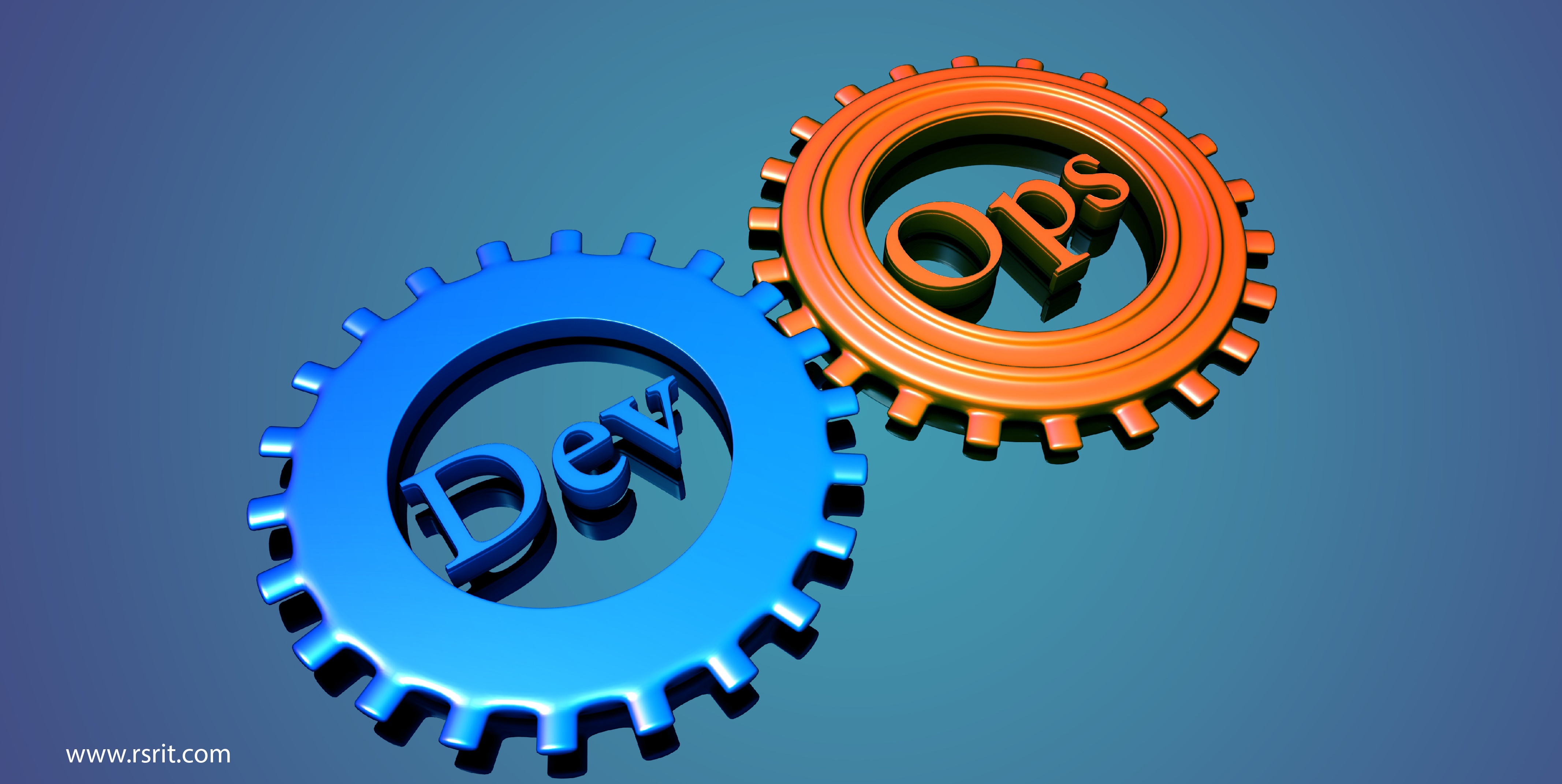A mix of social change and robotization is rethinking the way engineers and operations cooperate. Devops is the exacting and non-literal combination of improvement and operations. For quite a long time, these two gatherings have been isolated by social and learning limits, especially inside bigger venture IT associations.
This partition was clear: Developers centered on simply code and operations concentrated on taking that code and ensuring it remained running. The entire detach between these two gatherings prompted lengthy QA cycles and occasional creation organizations inspired by a paranoid fear of downtime or breaking something.
However, a noteworthy move has been reshaping the IT scene amid the most recent decade. Engineers tired of sitting tight for creation to get around to refreshing their code, have begun composing programming that robotizes operational undertakings. In the meantime, operations workforce has been contributing their profound information and aptitude again into programming being composed by the designers.
How DevOps is affecting developers
The sources of DevOps can be followed the distance back to apparatuses, for example, Puppet, which touched base in 2005, preceding the DevOps term arose. Designers and operations specialists would contribute their insights into bundles "cookbooks" or "formulas" that would give one a chance to arrange to the program also paying little respect to the fundamental UNIX appropriation.
Engineers have possessed the capacity to see huge gains in efficiency by receiving and refining these DevOps devices throughout the years. The times of engineers being careless in regards to operations and scaling issues are arriving at an end as the specialty of running applications progresses toward becoming refined into completely robotized PC code.
How DevOps is affecting operations
Before DevOps, the sysadmins and operations groups were accused of keeping singular applications running everywhere scale. This would incorporate such different exercises as tuning databases and web servers, setting up stack balancers, overseeing security, overseeing storing frameworks, and considerably more.
Devops has empowered a high level of institutionalization, making proficient methods for sending, arranging, and running numerous servers with only a couple of devices as opposed to depending on human mediation.
Progressively, it is the part of the operations group to convey and keep up a robotized, on-request application administration, for example, a PaaS or a Linux or Windows compartment bunch. Engineers at that point send and scale the individual applications into the application work, leaving the operations groups to run and scale the work.
Devops stages and devices have created a support, which has permitted engineers and operations groups to work freely with each other. Prior to these instruments, there was a consecutive application pipeline. Singular applications would need singular solicitations made to operations, acquisitions handled, and servers designed for an application could, at last, be sent.
With the appearance of DevOps apparatuses, engineers can have quantities, where, inside specific cutoff points, they would have the capacity to send on request and continuously. The operations groups never again need to stress over sending singular applications. Regardless they secure equipment and set up and oversee servers, however, they do as such at a bigger scale than the application unit. Their obligation lies in dealing with the mechanized DevOps work to which engineers have more prepared access.
This innovation support has decoupled the consecutive application lifecycle, empowering designers and operations groups to work all the more firmly together. It may appear to be strange that decoupling groups would bring them nearer, however the speediest approach to stir up some dust is to put two cooks in a similar kitchen. Giving engineers a chance to work in an all-around characterized framework while the operations group works outside the compartment, guarantees that the cooks have isolate duties.
Operations groups have the profound information on best practices for running and keeping up complex programming frameworks. Designers can show PCs how to actualize that profound operations information without human intercession.
Progressively, managers are searching for software engineers with operations encounter and sysadmins with programming knowledge. All in all, notwithstanding, the greatest effect that DevOps is having on operations teams is that they are progressively placed accountable for running the application work, which gives robotized, on-request organization choices for engineers.



